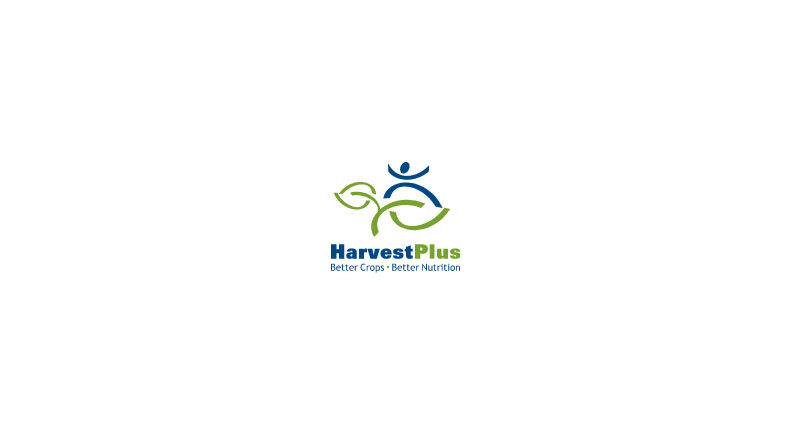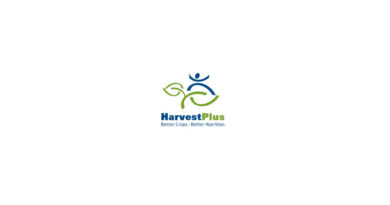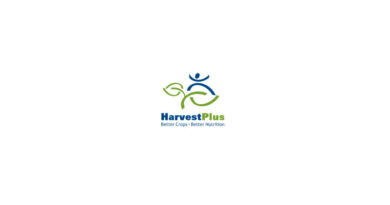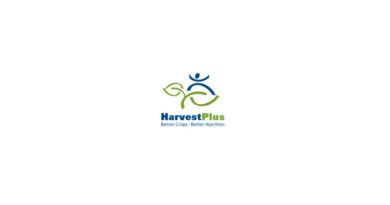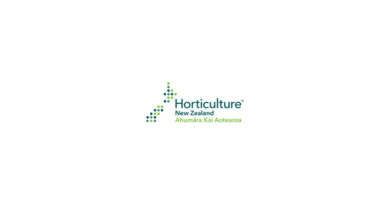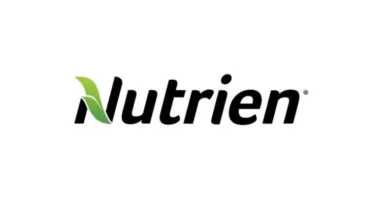DRC Government to Scale Up Nutrient-Enriched Staple Crops in Effort to Tackle Malnutrition
17 November 2021, Africa: The Government of the Democratic Republic of Congo (DRC) has launched a major initiative to scale up sustainable production and consumption of nutrient-rich “biofortified” staple crops to help address persistently high rates of malnutrition in this central African country of 93 million people.
The initiative is part of the World Bank-funded Multisectoral Nutrition and Health Project (French acronym PMNS) in the DRC, which will increase the range and scope of interventions aimed at two nutritionally vulnerable populations: children ages 0-23 months, and pregnant and lactating women.
Within the PMNS, the DRC Government has incorporated the development and promotion of biofortified staple crops as a “nutrition-smart” agriculture strategy, meaning that these crops not only can improve nutrition and health status, but can also generate new income opportunities for farming families and SME agribusinesses.
HarvestPlus is the DRC Government’s technical assistance partner for biofortification in the PMNS, and will help strengthen the capacities of ministries, public agencies, private sector actors, and NGO partners to develop:
- sustainable supply chains for biofortified crop planting material;
- distribution channels and technical support for farmers;
- vibrant post-harvest markets for farmer’s harvests; and,
- supportive policies and regulations.
The initiative will also prioritize engagement and inclusion of women farmers and entrepreneurs, to ensure that they are fully empowered to benefit from increased activity in biofortified crops and foods.
Addressing a serious nutrition challenge
Biofortified crops promoted by HarvestPlus are conventionally bred to be rich in iron, zinc, or vitamin A. These crops were developed by HarvestPlus and its CGIAR partners to address insufficient dietary intake of key vitamins and minerals—a condition known as micronutrient deficiency,or “hidden hunger,” which is widespread in the DRC and in many other low- and middle-income countries.
According to the World Health Organization, an estimated 61 percent of children under five in the DRC are vitamin A-deficient, which can cause sight impairment, higher risk to infections such as diarrhea, and poor outcomes in pregnancy. An estimated 65 percent of children under five, 46 percent of pregnant women, and 42 percent of non-pregnant women of reproductive age in the DRC are anemic. Lack of iron in the diet is a leading cause of anemia.
Beyond the health toll, hidden hunger affects economic growth by reducing human productivity. The World Bank estimates that hidden hunger costs the DRC about $100 million annually in lost GDP growth.
Initial focus on three DRC provinces
The biofortification activities under PMNS will initially focus three priority provinces in DRC: South Kivu, Kwilu and Kasaï. Vitamin A-biofortified maize and cassava and iron-biofortified beans will be scaled up in all three provinces, while vitamin A orange sweet potato (OSP) will be scaled up in South Kivu only.
All of these crops have been scientifically shown to improve nutrition and health when they are eaten regularly; they are also high-yielding and carry other agronomic traits (such as early maturity, disease and pest resistance) demanded by farming families. Over three years, the PMNS aims to reach 100,000 farming families in these provinces who are currently growing non-biofortified varieties of the same crops.
During the first year of the three-year biofortification scaling initiative, HarvestPlus will work with government partners to integrate biofortification into relevant national health, agriculture, and nutrition policies and strategies. HarvestPlus will also support the National Agricultural Study and Research Institute (INERA), the National Seed Service (SENASEM), the National Extension Service (SNV) and other partners in developing a reliable, high-quality supply chain of biofortified crop planting material for farmers, which will include the establishment of community-level seed multiplication networks for each crop.
In the second and third years, the focus will be on rapidly scaling up marketing of biofortified planting materials to farmers, notably by increasing farmer awareness and conducting farmer training programs on the agronomic, nutritional, and health benefits of biofortified crops. HarvestPlus will also help the DRC Quality Control Office (OCC) to establish biofortified food standards, and strengthen the capacities of various value chains actors, including crop aggregators, processors, and food producers. Finally, the initiative will work with private sector partners to link farmers with reliable markets for their product.

